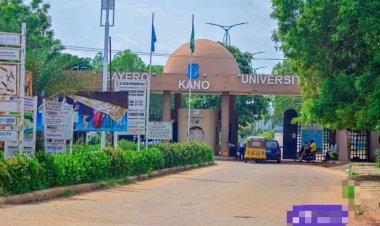Stakeholders Appeal to President Tinubu to Reverse Ban on Degrees from Togo and Benin Republic
The Coalition of Stakeholders in Education (CSE) expressed concern that the ban, affecting degrees awarded since 2017, threatens the futures of over 22,000 Nigerian graduates.

A coalition of stakeholders in education has called on President Bola Tinubu to intervene in the recent decision to invalidate degree certificates obtained by Nigerian students from universities in Togo and Benin Republic. The Coalition of Stakeholders in Education (CSE) expressed concern that the ban, affecting degrees awarded since 2017, threatens the futures of over 22,000 Nigerian graduates.
At a press conference in Lagos, the group's leader, Gabriel Kona, President of Nigerian Lecturers in Benin Republic, appealed to President Tinubu and the Minister of Education, Prof. Mamman Tahir, to reverse the decision. The ban has only recognized degrees from five public universities in Benin and three in Togo, excluding private institutions, even though Benin Republic has 95 accredited private universities.
Kona, alongside other leaders, argued that the decision unfairly punishes graduates of accredited institutions, many of whom received official guidance from Nigeria's Ministry of Education on where to study. The coalition urged the government to target only those who obtained degrees from unaccredited institutions or through fraudulent means, rather than imposing a blanket ban.
Students and parents, affected by the decision, also called for a reversal, stressing that the ban has left many graduates' futures in jeopardy. The group called on the government to reconsider, arguing that many Nigerian graduates from these countries are contributing positively to various sectors of the Nigerian economy.





